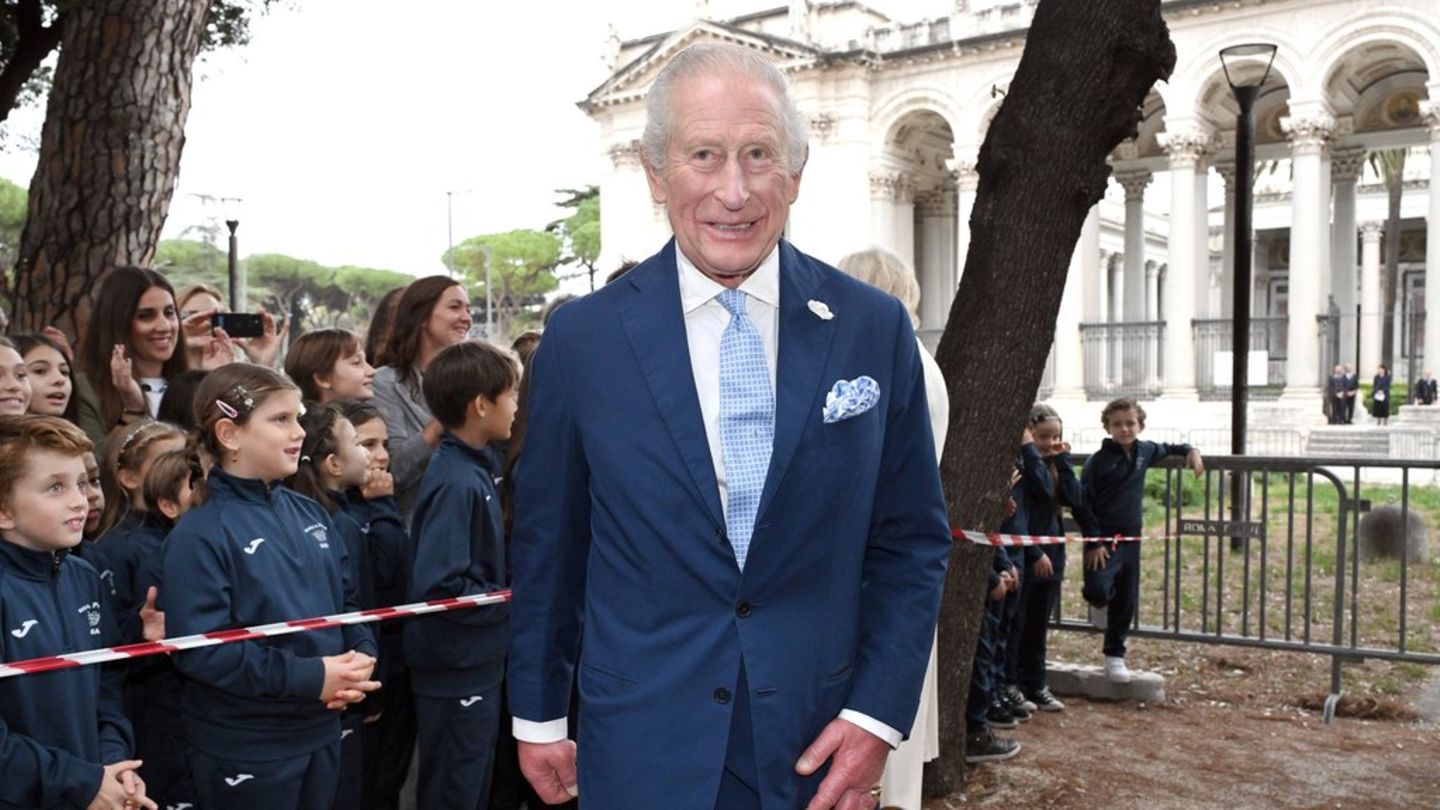I have been working in the news industry for over 6 years, first as a reporter and now as an editor. I have covered politics extensively, and my work has appeared in major newspapers and online news outlets around the world. In addition to my writing, I also contribute regularly to 24 Hours World.
Menu
War in the Middle East: Biden: “Time to end this war”
Categories
Most Read
Cityscape debate: This is what the SPD general secretary says
October 25, 2025
No Comments
Dismantling of nuclear power plant: cooling towers of Gundremmingen nuclear power plant blown up
October 25, 2025
No Comments
Survey: Majority feels unrepresented in media
October 25, 2025
No Comments
Criminal asylum seeker: sex offender mistakenly released from British custody
October 25, 2025
No Comments
Distrust of Israel? US drones are circling over Gaza
October 25, 2025
No Comments
Latest Posts

“Asia’s Jacky Kennedy”: Thailand’s ex-Queen Sirikit is dead
October 25, 2025
No Comments
Queen Sirikit in an archive photo from 2012 King Bhumibol and Queen Sirikit with daughter Maha Chakri Sirindhorn (l.) and the later King Maha Vajiralongkorn

King Charles in Rome: He gets a laugh with this joke
October 25, 2025
No Comments
Lisa HarrisI am an author and journalist who has worked in the entertainment industry for over a decade. I currently work as a news editor

Megan Fox and Machine Gun Kelly: Love comeback six months after birth?
October 25, 2025
No Comments
Lisa HarrisI am an author and journalist who has worked in the entertainment industry for over a decade. I currently work as a news editor
24 Hours Worlds is a comprehensive source of instant world current affairs, offering up-to-the-minute coverage of breaking news and events from around the globe. With a team of experienced journalists and experts on hand 24/7.

